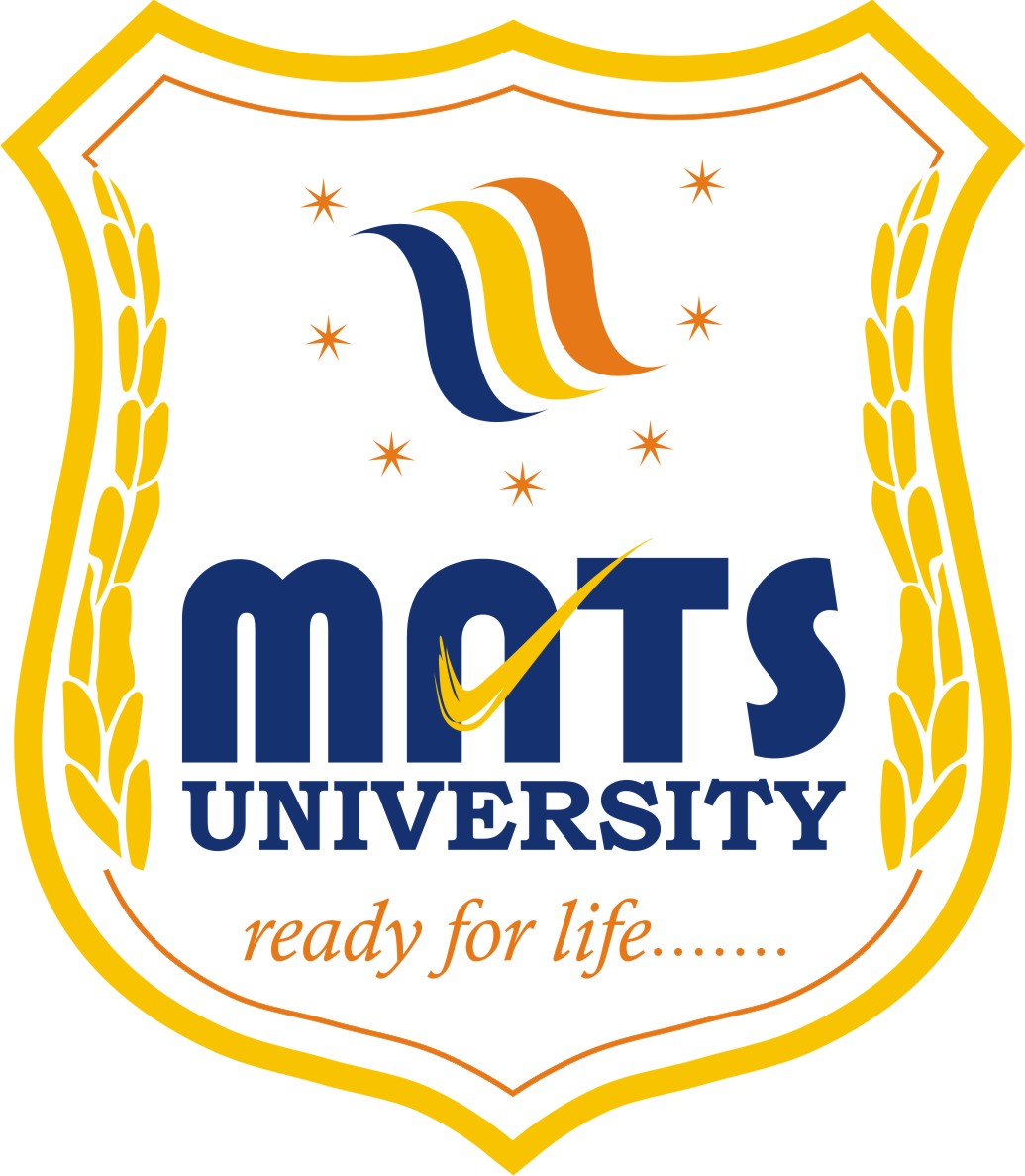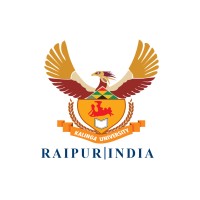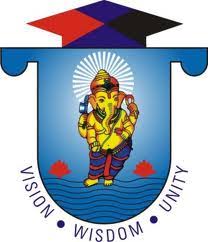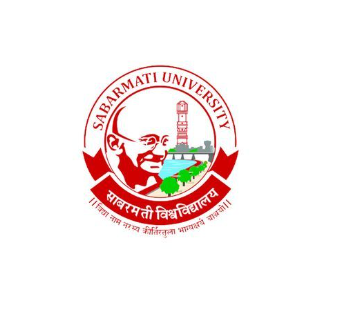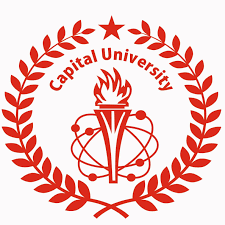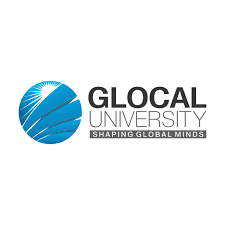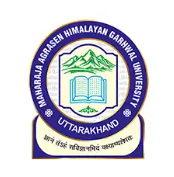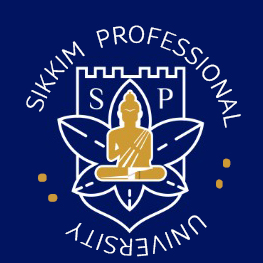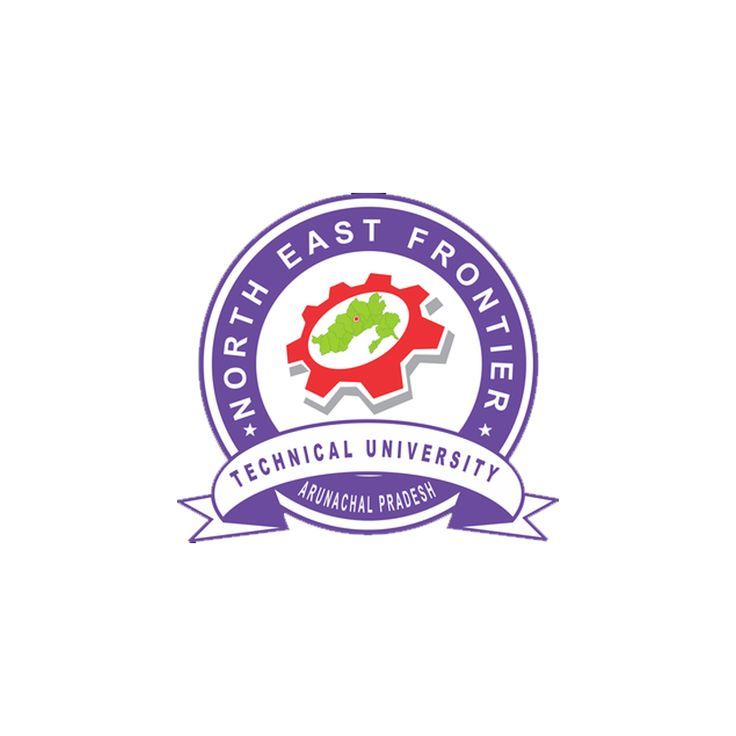Basic Development Therapy Course for Children with Cerebral Palsy and other Neurological Handicaps Course Admission 2024-25- Shikshaglobe

Basic Development Therapy Course for Children with Cerebral Palsy and other Neurological Handicaps (click here)
NIMS- Diapason – CHILD DEVELOPMENT RESEARCH CENTRE ”
In a largely competitive academy terrain as that exists in Kerala, children with disabilities – physical, internal, emotional and social – face tremendous odds. They're frequently stigmatised and confined to the perimeters, in ways that can truly dock healthy development into majority. therefore, impaired children are worse off when they belong to economically or socially deprived families; girls who are impaired may be worse off than boys, and so on. According to the State Plan of Action for the Child in Kerala( SPACK) 2004 document, the main thing of the action plan is to give equal occasion and conducive terrain for the physical, internal, emotional, aesthetic, spiritual and social development of all children.
This also calls for increased focus on mandatory abecedarian education, special education for the indigent, eradication of ignorance, education for women’s equivalency and a special focus on the education of the ethnical population. Comprehensive content of all the groups in education will have long- standing counteraccusations in child weal and at present Sarvasiksha Abhiyan( SSA) offers the stylish occasion for inclusive education of the impaired child. In the Kerala environment, it appears that reduction of low birth weight should be the central point of our studies and conduct, whether it's for reduction of mortality, morbidity, nonage disability or poor educational performance. All these can not be achieved without a public-private cooperation.
Read More: NTT Application Form
The burden of Developmental Delay/ complaint/ Disability in Kerala
On a protuberance grounded on a Kerala ICDS block data, at a given time, there would be nearly one lakh children with experimental detention/ disability among under- 5s in Kerala, with experimental detention( 14000), speech detention( 22000), vision & hail problems( 15000), orthopaedic affiliated( 20000), intellectual disability( 6000) and others( 3000). The State Initiative on Disability( SID) Kerala, is an ambitious design of the Government of Kerala with provision for early discovery of experimental detention using Trivandrum Developmental Screening map( TDSC) 0 – 6 times and Language Evaluation Scale Trivandrum( LEST) 0 – 6 times. Under the Rashtriya Bal Swasthya Karyakram( RBSK) design, there would be District Early Intervention Centres( DEICs) established with applicable remedy installations. The question is, is it enough considering the fact that nearly 70 of health care in Kerala is handed by the private sector.
Exploring Different Types of Basic Development Therapy
Course for Children with Cerebral Palsy and other Neurological Handicaps
There are various types of basic development therapy courses
available for children with cerebral palsy and other neurological handicaps.
These courses are designed to cater to the diverse needs of children with
different abilities and disabilities. Some of the commonly offered therapies
include:
1. Physical Therapy
Physical therapy focuses on improving mobility, strength,
and coordination in children with cerebral palsy and other neurological
handicaps. It includes exercises, stretches, and activities that aim to enhance
motor skills and promote independence in daily activities.
2. Occupational Therapy
Occupational therapy helps children develop skills necessary
for daily living, such as self-care, fine motor skills, and sensory
integration. Therapists work closely with children to improve their ability to
perform everyday tasks and participate actively in their environment.
3. Speech and Language Therapy
Speech and language therapy targets communication
difficulties often experienced by children with cerebral palsy and other
neurological handicaps. Therapists use techniques to improve speech
articulation, language comprehension, and social communication skills.
4. Cognitive Therapy
Cognitive therapy focuses on enhancing cognitive abilities,
including attention, memory, problem-solving, and decision-making skills. It
aims to optimize cognitive functioning and promote intellectual development in
children with neurological handicaps.
Benefits of Pursuing Basic Development Therapy Course for
Children with Cerebral Palsy and other Neurological Handicaps
Pursuing a basic development therapy course offers numerous
benefits for children with cerebral palsy and other neurological handicaps.
Some key advantages include:
1. Improved Physical Functioning
Through targeted exercises and interventions, therapy
courses help improve physical functioning in children. They can experience
enhanced mobility, muscle strength, balance, and coordination, leading to
greater independence in daily activities.
2. Enhanced Communication Skills
Speech and language therapy plays a crucial role in developing effective communication skills. Children learn to articulate speech sounds, express their thoughts, and engage in meaningful conversations, empowering them to connect with others more effectively.
Learn More: NTT Apply Online Ignou
3. Increased Self-Confidence
As children make progress in their therapy courses, they
gain a sense of accomplishment and increased self-confidence. They become more
willing to explore their abilities, take on new challenges, and develop a
positive self-image.
4. Social Integration
Therapy courses provide opportunities for children to engage
with their peers and develop social skills. Through group activities and
collaborative exercises, children learn to interact, cooperate, and build
meaningful relationships, fostering social integration and a sense of
belonging.
5. Better Quality of Life
Overall, pursuing a basic development therapy course leads
to an improved quality of life for children with cerebral palsy and other
neurological handicaps. They experience enhanced physical and cognitive
abilities, increased independence, and a greater sense of well-being.
How Basic Development Therapy Course for Children with
Cerebral Palsy and other Neurological Handicaps Enhance Professional
Development
Apart from the immediate benefits for children, a basic
development therapy course can also enhance professional development for
individuals working in the field. Professionals who specialize in these therapy
courses acquire specialized knowledge, skills, and expertise that enable them
to make a significant impact in the lives of children and their families.
The Role of Basic Development Therapy Course for Children
with Cerebral Palsy and other Neurological Handicaps in Career Advancement
A basic development therapy course can open up new career
opportunities and pathways for individuals passionate about working with
children with cerebral palsy and other neurological handicaps. Graduates of
these courses can pursue careers as physical therapists, occupational
therapists, speech-language pathologists, or special education teachers, among
other roles.
Choosing the Right Education Course for Your Goals
When considering a basic development therapy course, it is
essential to choose the right education program that aligns with your goals and
aspirations. Factors to consider include the curriculum, faculty expertise,
clinical experiences, and accreditation of the institution offering the course.
Researching and comparing different programs will help you make an informed
decision.
Online vs. Traditional Basic Development Therapy Course
for Children with Cerebral Palsy and other Neurological Handicaps: Pros and
Cons
With advancements in technology, individuals have the option
to pursue basic development therapy courses online or through traditional
brick-and-mortar institutions. Both options have their advantages and
disadvantages.
Online Courses
- Pros:
Flexibility in scheduling, access to a wide range of resources, and the
ability to learn from anywhere in the world.
- Cons:
Limited hands-on practical experience, reduced face-to-face interaction
with faculty and peers.
Traditional Courses
- Pros:
Extensive hands-on practical experience, in-person interactions with
faculty and peers, and immediate access to support.
- Cons:
Limited flexibility in scheduling, geographical constraints, and
potentially higher costs.
The Future of Basic Development Therapy Course for
Children with Cerebral Palsy and other Neurological Handicaps: Trends and
Innovations
The field of basic development therapy for children with
cerebral palsy and other neurological handicaps is constantly evolving with new
trends and innovations. Some emerging areas of focus include:
- Integration
of technology in therapy sessions, such as virtual reality and wearable
devices.
- Individualized
and personalized therapy plans based on the unique needs of each child.
- Collaboration
between different therapy disciplines to provide comprehensive and
holistic care.
These advancements hold great promise for further enhancing the effectiveness and outcomes of basic development therapy courses.
Read Alos: NTT Certificate Course
The Impact of Basic Development Therapy Course for
Children with Cerebral Palsy and other Neurological Handicaps on Student
Success
Basic development therapy courses have a profound impact on
the success of students. They provide the necessary knowledge and skills to
effectively support children with cerebral palsy and other neurological
handicaps, enabling them to thrive and reach their full potential.
Addressing the Challenges of Basic Development Therapy
Course for Children with Cerebral Palsy and other Neurological Handicaps and
Finding Solutions
While basic development therapy courses offer valuable
benefits, they also come with challenges. Some common challenges include:
- Limited
access to therapy services in certain regions.
- Financial
constraints for families seeking therapy for their children.
- Shortage
of qualified professionals in the field.
Addressing these challenges requires collaboration among
stakeholders, including governments, educational institutions, healthcare
organizations, and communities. Efforts should focus on increasing
accessibility, promoting financial support, and expanding training
opportunities.
Understanding the Pedagogy and Methodology of Basic
Development Therapy Course for Children with Cerebral Palsy and other
Neurological Handicaps
The pedagogy and methodology of basic development therapy
courses revolve around evidence-based practices, individualized instruction,
and a multidisciplinary approach. These courses combine theoretical knowledge
with practical application, emphasizing hands-on experiences and collaboration
among professionals to achieve optimal outcomes.
The Global Perspective: Basic Development Therapy Course
for Children with Cerebral Palsy and other Neurological Handicaps Around the
World
Basic development therapy courses for children with cerebral
palsy and other neurological handicaps are essential not only at the local
level but also on a global scale. Different countries and regions may have
varying approaches and resources available, but the shared goal of improving
the lives of these children unites professionals worldwide.
Basic Development Therapy Course for Children with
Cerebral Palsy and other Neurological Handicaps for Lifelong Learning and
Personal Growth
Basic development therapy courses offer opportunities for
lifelong learning and personal growth. The knowledge and skills acquired during
these courses can be continuously applied and expanded upon throughout a
professional's career. Additionally, the experiences gained while working with
children and their families can be incredibly rewarding and transformative on a
personal level.
Funding and Scholarships for Basic Development Therapy
Course for Children with Cerebral Palsy and other Neurological Handicaps
To support individuals interested in pursuing basic
development therapy courses, various funding options and scholarships are
available. These financial resources help alleviate the burden of educational
costs and make these courses more accessible to aspiring professionals.
Case Studies: Success Stories from Education Course
Graduates
The success stories of education course graduates in the
field of basic development therapy for children with cerebral palsy and other
neurological handicaps are inspiring and impactful. These case studies
highlight the transformative effects of therapy courses on the lives of
children and their families. They serve as a testament to the significance of
these courses and the dedication of professionals working in this field.
School Child – academy Readiness, Learning Difficulty
Pre-school times lay the foundation for optimum growth and development in the areas of health, hygiene, nutrition, language development, personality structure and social adaptations, besides the physical, emotional and intellectual development. As these form the base for formal education, it's important that academy readiness is tested before enrolling the child to Class- 1 at 6 times. In order to reduce the burden of literacy problems, children with educational backwardness or poor academy performance need to be assessed for intelligence, environmental privation, specific subject problem, poor fit with the academy or the schoolteacher or for early substantiation of internal illness. perfecting study habit has been set up to be most useful, but we need a installation in the private sector also, that give probative comforting services.
Continue Reading: Nursery Training Teacher Certificate Course
Young People – Growth, Reproductive and Mental Health Counselling
Numerous of the nutritive, reproductive and internal health requirements of the adolescent population are needed to be addressed and can be addressed in the primary- care paediatric setting itself if the current system of health- care can bere-organized as per Rashtriya Kishor Swasthya Karyakram( RKSK) guidelines. This restructuring will be more effective for this population if adolescent-friendly approaches, public-private cooperation and policy as well as the sectoral relation between the National Health Mission( NHM) and other public programs are achieved. The dramatic increase in physical growth and development puts lesser pressure on the need for nutrients. As both undernutrition( 38) and fat/ rotundity( 13) could be present among adolescents, they should be honored as a precedence target group for nutrient supplementation in confluence with healthy eating habits and physical exertion. On the other hand, rotundity is associated with the polycystic ovarian pattern( PCOS) and webbing should be done for rotundity, menstrual irregularity and signs of clinical hyperandrogenism for early opinion of PCOS in an trouble to help gravidity and life conditions latterly on. A life cycle approach to child development is a gospel that encompasses all conduct essential for preparing for unborn fatherhood, joyous gestation and safe delivery and optimal growth and development of children and adolescents that in turn should lead to responsible parenting. This, in substance, means minding for the most critical nine months of intrauterine growth, the vulnerable first six times of life and the most neglected adolescent period and the same has acceptable policy countersign. This approach becomes indeed more important for at- threat LBW babies with a chance for impairment( natural) that lead on to disability( functional) to handicap( social). We wish to achieve the same through a comprehensive plan of establishing the one and only “ NIMS- SPECTRUM- Child Development Research Centre( NIMS- SPECTRUM- CDRC) ” with three crucial divisions videlicet;
Home- and Community- Grounded Services
A child with cerebral paralysis who also has internal deceleration could gain services at home and in the community under the Department of Developmental Services'( DDS) Individual and Family Supports Medicaid disclaimer program. The services available under this disclaimer program include family training, home and vehicle variations, technical outfit and inventories, transportation, respite care, and nutritive consultations. DDS staff helps actors develop a service plan grounded on their requirements and a budget to pay for those services. Families may gain the services through authorized merchandisers or can directly hire providers. There's a waiting list for participation. Registration is grounded on how much an individual requirements services, the position of support he or she has without the disclaimer, and the vacuity of coffers. Grown-ups on the waiting list generally admit precedence. further information is available at http//www.ct.gov/dds/lib/dds/waiver/ifs_hcbswaiver.pdf.
Family Support subventions
DSS can give a entitlement of over to$ 250 a month to help meet the extraordinary charges a family incurs in minding for a child with a experimental disability other than internal deceleration. A family can use the entitlement for ongoing costs similar as medical charges that are not covered by insurance, transportation, and special outfit. The program's capacity is limited by state backing. presently DSS can serve 25 families and has 36 families on a waiting list. The child must be between five and 18 times old and have a habitual disability attributable to a physical or internal impairment( or a combination of the two) that results in substantial functional limitations in three or further areas of major life exertion similar as mobility, tone- care, capacity for independent living, and open and suggestive language. The family's gross income( lower disability- related charges) must be lower than 140 of the state median family income. DDS also provides family supports subventions. The subventions generally total$ 600 to$1.000 a time, but they can be as high as$. Families can use the subventions to buy respite care; in- home supports; nursing, medical, or clinical supports; temporary backing or extremity support; skill and family training; recreation; transportation; and support collaboration.
Experimental SERVICES
This program serves children up to age three who( 1) have a diagnosed medical condition that has a high probability of performing in a experimental detention or( 2) show significant detainments in development. A opinion of cerebral bonhomous automatically makes a child eligible for services. The services include assistive technology bias; family training, comforting and home visits; physical and occupational remedy; nutrition services; and transportation and health services the child needs to admit or profit from other program services. Under Connecticut law, individual and group health insurance plans must cover up to$ per time for similar medically necessary early intervention services. DDS administers the program; nonprofit agencies give the services. Parents with periodic inflows over$ pay a yearly figure for services grounded on a sliding scale; those with lower inflows pay nothing.
CHILD CARE
DSS supports the United Way of Connecticut's 2-1-1 Child Care Infoline, a free, nonpublic referral telephone service that helps parents find available childcare. Infoline childcare referral specialists help parents of children with cerebral paralysis detect providers that have experience with similar children and access other coffers, similar as family lawyers. It reports having 121 providers in its database, including day care centers, family day care homes, nursery seminaries, and camps, with similar experience. further information on Infoline childcare services is available at


